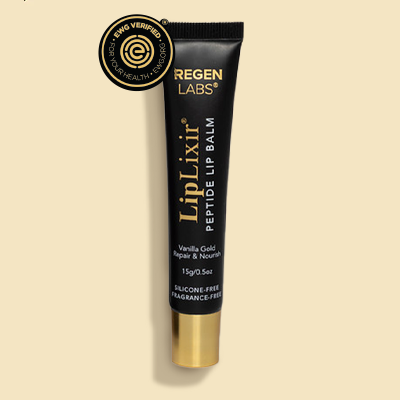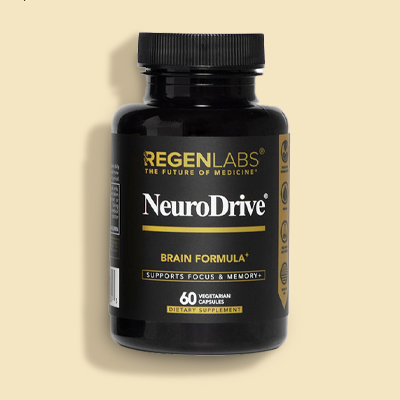If you've ever felt mentally sluggish, forgetful, or drained without a clear reason, you've likely experienced brain fog. It's a common complaint in modern life, yet often misunderstood. Advice like "just get more sleep" or "drink more coffee" is frequently offered, but such suggestions are often overly simplistic or misleading.
Let’s cut through the myths surrounding brain fog, uncover the underlying causes, and explore evidence-based strategies to enhance cognitive clarity.
Myth #1: Brain Fog Is Just About Being Tired
The truth: Sleep is crucial, but it's only one piece of the puzzle.
Brain fog can stem from various factors:
-
Chronic stress and cortisol dysregulation: Prolonged stress elevates cortisol levels, which can impair cognitive function.
-
Nutrient deficiencies: Lack of essential nutrients like B-vitamins and choline can lead to cognitive impairments.
-
Neurotransmitter imbalances: Disruptions in dopamine and acetylcholine can affect focus and motivation.
-
Poor cerebral blood flow: Reduced blood flow to the brain is associated with cognitive decline. Research indicates that improving blood circulation can help enhance mental clarity.
-
Inflammation, especially from the gut: Gut health plays a crucial role in brain function; inflammation in the gut can contribute to cognitive symptoms.
While adequate sleep is essential, addressing these underlying factors is crucial for alleviating brain fog.
Myth #2: You Just Need More Caffeine
The truth: Caffeine may offer temporary alertness but can exacerbate brain fog over time.
Here’s why:
-
Dopamine depletion: Excessive caffeine use can reduce receptor sensitivity, which diminishes its effectiveness.
-
Adrenal stress: Caffeine stimulates cortisol production, which can lead to adrenal fatigue.
-
Masking fatigue: Caffeine can conceal underlying fatigue without addressing root causes, causing a cycle of dependency that can impact long-term cognitive health.
-
Sleep disruption: Caffeine's long half-life can interfere with sleep quality, which in turn affects brain function.
Instead of relying on stimulants, it’s more effective to nourish and support the brain’s natural functions. Consider using NeuroDrive® for balanced, stimulant-free cognitive enhancement.
Myth #3: Brain Fog Is All in Your Head
The truth: Brain fog often has physiological roots beyond psychological factors.
Key contributors include:
-
Blood sugar fluctuations: Inconsistent glucose levels can impair cognitive performance.
-
Gut-brain axis dysfunction: An imbalance in gut microbiota can affect brain function and mood.
-
Hormonal imbalances: Changes in hormones like estrogen and progesterone can impact cognitive clarity.
-
Mitochondrial fatigue: Impaired mitochondrial function can reduce energy production, leading to mental fatigue.
Addressing these physiological aspects is essential for comprehensive brain fog management. At Regen Labs, InstaZen® utilizes natural adaptogens to help balance stress and reduce brain fog effectively.
InstaZen®: Comprehensive Brain Fog Support
InstaZen® is specifically formulated to address the root causes of brain fog, combining adaptogens and cognitive enhancers to promote mental clarity. By targeting stress reduction, neurotransmitter balance, and optimal brain function, InstaZen® helps you think clearly and feel more focused, even in high-pressure situations. Explore how InstaZen® can support your cognitive health.
Final Thoughts
Brain fog is a multifaceted issue influenced by stress, nutrient deficiencies, hormonal imbalances, and lifestyle factors. By understanding these contributors and implementing targeted strategies, it's possible to restore mental clarity and enhance cognitive function.
For targeted cognitive support, explore the Regen Labs product line designed to optimize mental clarity and reduce stress.











